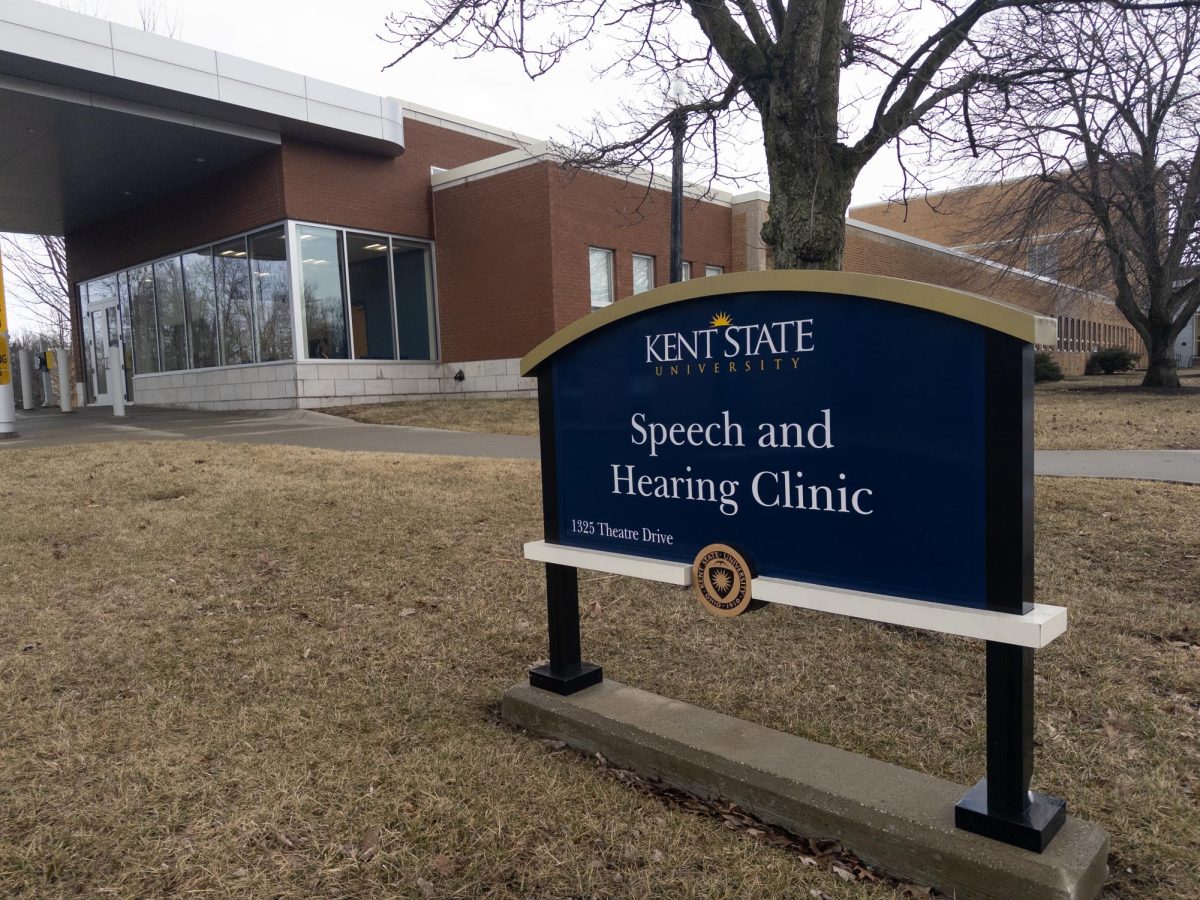Speech impediments can often be overlooked in a college environment, but for many students, these challenges can change their experience. Despite communication disorders affecting an estimated 5-10% of people in the U.S., those affected can feel isolated from their peers.
Rhotacism — difficulty pronouncing the “R” sound — is one example. Stutters and lisps are also common forms of speech disorders.
Liana Sanchez, a junior marketing major, has lived with rhotacism her whole life, making it challenging for her to articulate certain words clearly. While she was never questioned about her speech growing up, because her family and friends had become accustomed to it, Sanchez faced a different reality when she arrived at college.
“Sometimes I feel very judged because people are confused why I don’t talk like the rest of everyone, and that can be hard,” Sanchez said. “I’ve definitely struggled a lot. Especially when I have to speak in class and my professor and classmates can’t understand me.”

Luckily, throughout college, she’s found people who support her, and she’s even found a community of people online through making TikTok videos, one even received more than 1 million likes.
“As many bad comments as there were, there were still some great ones of people being like, ‘Oh my gosh, I have a speech impediment and I don’t know anyone else that does, and now I see that you do, too,’” Sanchez said. “So, I just feel like I was spreading awareness and bringing more focus on the topic in the social media world.”
She got hundreds of comments on her videos about her speech impediment, and although there were a few hate comments, many people were supportive and responded well to her vulnerability.
“[TikTok] made me realize that it’s not that serious, and so many other people struggle with it, not just me,” Sanchez said. “A speech impediment doesn’t define you, so if you’re not bothered by the issue, you don’t need to get help. But if you’re struggling day to day and not liking yourself because of it, you should look into seeking help.”
For those who feel like their speech is affecting their well-being, Student Accessibility Services is available to help. Another option is the Speech and Hearing Clinic, which is open to everyone if they’re looking to get help with speech or hearing disorders. Speech and sound therapy are available at the clinic.
Megan Malone, a senior lecturer and speech language pathologist, encouraged students and other community members to reach out.
“Anyone from the Kent State campus to the community, we see for speech services, and that could be anything from preschool to older adults and anything in between,” Malone said.
Speech challenges are not necessarily a bad thing, she said, especially in a time when we all celebrate our differences as people. However, if a speech impediment is affecting somebody’s academics or daily social life, finding help can make a significant difference in how they feel about themselves.
“It doesn’t have to be looked at as a negative, it’s just a difference in how someone communicates,” Malone said. “But if it’s something that you want to change, or you want to get more insight on, then seek it out and see what can happen.”
These issues are not a tell of someone’s intelligence, Malone said. It’s just a different way of communicating, which aligns with how Sanchez views her speech impediment.
While navigating life and her TikTok popularity, she has found herself, and she serves as an inspiration for those who may also be experiencing similar struggles.
“Overall, my speech impediment journey has been a very long one, and growing up and seeing that I’m different was hard,” Sanchez said. “But everyone has their differences, and this one is mine.”
Rachel McKean is a reporter. Contact her at [email protected].


